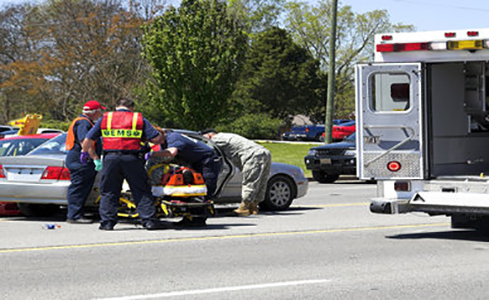Being charged for Drinking Under the Influence (DUI) is not an uncommon fear among drivers who drink a little before driving home or somewhere else. The idea of being arrested can be daunting for some people, especially those who have never been arrested before. This can cause some people to act differently or more defensive than they usually do. Knowing what your rights are during a DUI pullover and what to expect can help reduce coming off the wrong way, which can lessen any possibility of escalating conflict. Talk to a Tennessee criminal law lawyer if you have concerns about a DUI charge.
What to Expect from a DUI Pullover
The first thing that will happen with a is you will probably be asked to step out of your vehicle. Try not to take this as a threat or sign you will be arrested. This is a standard procedure for suspected DUI and does not always mean you will be arrested.
An officer will likely tell you why you were pulled over, which can be because of a faulty light on your car, outdated sticker, or suspected intoxication while driving due to strange driving behavior. The first thing you should do is not panic, especially if you know your Blood Alcohol Level (BAC) is below 0.08 percent concentration.
If you were not drinking any alcohol, there is no reason to panic at all because the field sobriety tests or breathalyzer will show that you are sober enough to drive. Field sobriety tests consist of walking a straight line, standing on one foot while counting, and moving your eyes side to side. A breathalyzer measures your BAC with your breath.
How to Handle a DUI Pullover
There are various you have that can allow you to handle the DUI pullover in different ways. Technically, you can refuse any of the sobriety or breathalyzer tests, but this may create suspicion or conflict with the officer. Even if you are sober, cooperation may reduce your chances of being arrested because cooperation often means you have nothing to hide.
Avoid admitting things openly because these can be used against you. Even if you do not think your BAC is over the limit, avoid outright saying how much you have had to drink unless asked. You do not have to answer every question, but you do have to provide a driver’s license and insurance card. Not having these could lead to other charges.





